It would be an understatement to say that a lot has happened and is happening across the Taiwan Straits. The relationship between Taiwan and China has been strained since the election of the Democratic Progressive Party’s (DPP) Tsai Ing-wen as the President in May 2016 and her refusal to acknowledge the 1992 consensus. DPP has had a pro-independence stance which is not acceptable to Beijing as it counters the ‘One-China Principle’. In an attempt to undermine and limit the Taiwanese space for international manoeuvring, Beijing has managed to reduce the number of countries diplomatically recognising Taiwan to 17.1 Since 2016 five countries, namely El Salvador, Burkina Faso, the Dominican Republic, Sao Tome and Principe and Panama,2 have succumbed to pressure from Beijing while China has used it financial strength to gain the desired results. In addition to this, China had also put pressure on international airlines to change the name of Taiwan on their list of destinations. China has cancelled all political cross-strait talks and visits.
In the face of such mounting pressure, the Taiwanese President has been talking about maintaining the status quo. Tsai has attempted to make the situation less hostile and hoping to make the situation as favourable for the Taiwanese people as possible. But there has been no major change in the relationship. In April 2018, Tsai had been open to the idea of meeting Xi Jinping and said, “would be willing to do anything that is helpful for... peace and stability”.3 However, during her speech celebrating the 107th anniversary of Taiwan, Tsai said that China is affecting the peace and stability in Taiwan.4 She believes that Taiwan needs to look for ways to get more integrated with the international community.5 Because of the ongoing pressure from Beijing, Taiwan has upgraded its naval and anti-submarine capabilities by purchasing two former US Perry-class guided missile frigates. 6
China has not restricted itself to hard power policies, but has adopted even softer approaches to ‘hurt’ Taiwan. In one major move, China decided to offer around 400,000 Taiwanese living on the Mainland with new identity cards which will help them in gaining better access to the public services like schools, hospitals etc. However, the move has been criticised by Taiwan as a way to lure its citizens7 and to weaken the Taiwanese identity. One more event which upset Beijing was Tsai visiting the United States. Tsai had visited Los Angeles and Houston on her way to and back from Paraguay and Belize in August. During her visit she met the Taiwanese living in the US and even addressed the American media at the Ronald Reagan Presidential Library. No surprise that the visit was condemned by China. 8
The hard-line approach adopted by China has affected the Taiwanese people. On October 20, the anger towards Beijing was expressed by the Taiwan independence campaigners who demanded a “Referendum Law and a public vote on a change of the Island’s constitution and its official ‘Republic of China’ title”.9 The number of people who participated in these protests is still debateable as the figures given by the police are around 5000 while the organisers claim that around 120,000 people participated. There has also been an increase in the number of people feeling that Taiwan needs to be more independent. The Taiwanese defence minister made an announcement that Taiwan is open to the idea of American warships visiting the island if it helps in maintaining regional security.10
Taiwan is the most prominent example of the way China has been using its financial leverage to gain political goals. Since Tsai came to power, this has been intensified and the international politics is further complicating this situation. Taiwan may be in a position to exploit the ongoing trade war between China and the United States for political and diplomatic goals. On the other hand, China has never abandoned the idea of militarily overtaking the Island which has pushed Taiwan to continue to look for the United States help. However, some studies claim that if there was a conflict the chances of Taiwan winning are higher.11
The matter is further complicated because Taiwan and China have very different political structure. Taiwan being a democracy, the leaders have to be answerable and considerate about the demands of the people who voted them in power. The recent developments in the cross-straits relations have managed to tighten the noose around Taiwanese leadership. On the one hand, Tsai needs to keep the demands of Taiwanese people in focus while on the other she has to make sure that the Taiwan-China relations move ahead smoothly as the Taiwanese economy is heavily dependent on China. The political agenda of the Party further complicates her situation and is proving to be a very tough balancing act. As she is trying to manage China, she is increasingly viewed as being non-committed to the idea of Taiwanese independence. There has been an increase in such domestic sentiments12 and the pressure from China is not improving the situation. This will be put to test during the November 24 elections for local governments and mayor of Taipei. To prevent Beijing from influencing these elections Taiwanese government has undertaken a number of steps. 13
Whether DPP or Kuomintang (KMT) gains majority during the upcoming elections, the question remains how far Taiwan can actually move away from China. Their economies are too intertwined and they share a common cultural and historical bond.
End Notes :
- “El Salvador cuts diplomatic ties with Taiwan for China” Financial Times, at https://www.ft.com/content/881253a2-a4ef-11e8-8ecf-a7ae1beff35b
- “14 countries cut diplomatic ties with Taiwan due to China pressure in 18 years” by By Alicia Nguyen, Taiwan News, May 25, 2018 at https://www.taiwannews.com.tw/en/news/3440023
- “Taiwan President Tsai says willing to meet China's Xi 'for peace'” Strait Times, April 27, 2018 at https://www.straitstimes.com/asia/east-asia/taiwan-president-tsai-says-willing-to-meet-chinas-xi-for-peace
- “Full text of President Tsai Ing-wen's National Day address” Focus Taiwan, October 10, 2018 at http://focustaiwan.tw/news/aipl/201810100006.aspx
- “China ‘seriously challenging peace’: Tsai”, By Su Yung-yao, Jake Chung and William Heatherington, Taipei Times, October 11, 2018, at http://www.taipeitimes.com/News/front/archives/2018/10/11/2003702139
- “‘We won’t retreat an inch’: Taiwan enlists US-made submarine hunters to repel Beijing threats” by Lawrence Chung, South China Morning Post, November 8, 2018, https://www.scmp.com/news/china/military/article/2172262/taiwan-will-not-retreat-inch-it-commissions-us-made-submarine
- “China Lures Taiwanese With Free Schooling, But There's a Catch” Bloomberg, By
John Follain, Adela Lin, and Samson Ellis, September 11, 2018, at https://www.bloomberg.com/news/articles/2018-09-10/china-lures-taiwanese-with-free-schooling-but-there-s-a-catch - “Taiwan President Stops in U.S. as Relations Warm, Angering China” By Chris Horton, The New York Times, August 19, 2018 at https://www.nytimes.com/2018/08/19/world/asia/taiwan-president-china-us-relations.html
- “Taiwan independence protesters take to the street in Taipei” by Lawrence Chung, South China Morning Post, October 20, 2018 at https://www.scmp.com/news/china/politics/article/2169493/taiwan-independence-protesters-take-street-taipei
- “Taiwan ‘will consider’ hosting US warships on Taiping Island for regional security” by Lawrence Chung, South China Morning Post, November 5, 2018 at https://www.scmp.com/news/china/military/article/2171756/taiwan-will-consider-hosting-us-warships-spratly-island
- “Taiwan Can Win a War With China”, By Tanner Greer, Foreign Policy, September 25, 2018 at https://foreignpolicy.com/2018/09/25/taiwan-can-win-a-war-with-china/
- Taiwanese protesters step up calls for independence” Financial Times at https://www.ft.com/content/9a12b42c-d44a-11e8-a854-33d6f82e62f8
- “Taiwan takes steps to stop China interfering in elections” Asia Times, November 9, 2018 at http://www.atimes.com/article/taiwan-takes-steps-to-stop-china-interfering-in-elections/
(The author is a Research Associate at the Institute of Chinese Studies)
(The paper is the author’s individual scholastic articulation. The author certifies that the article/paper is original in content, unpublished and it has not been submitted for publication/web upload elsewhere, and that the facts and figures quoted are duly referenced, as needed, and are believed to be correct). (The paper does not necessarily represent the organisational stance... More >>

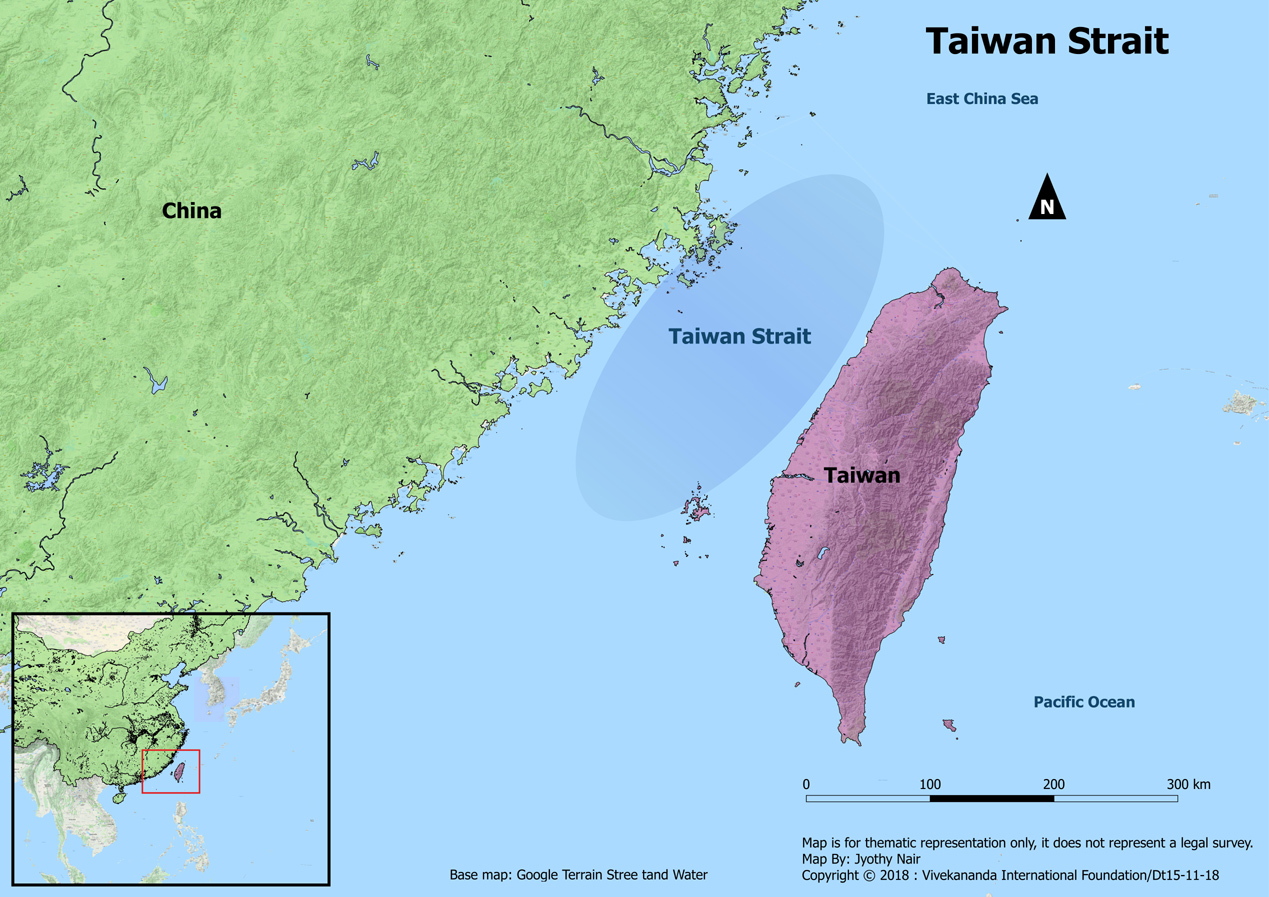

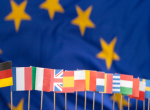
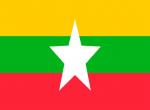
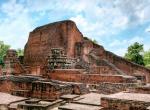
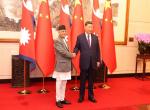
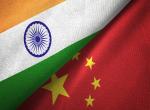
_1_0.png)
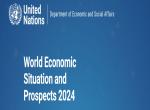
Post new comment